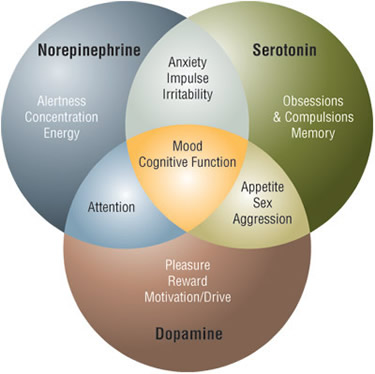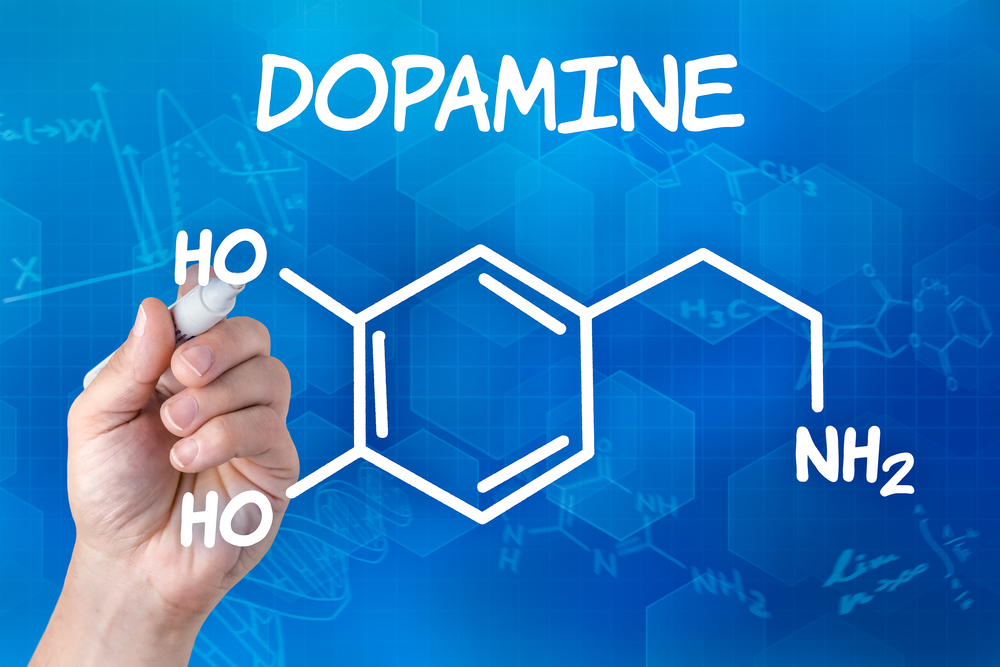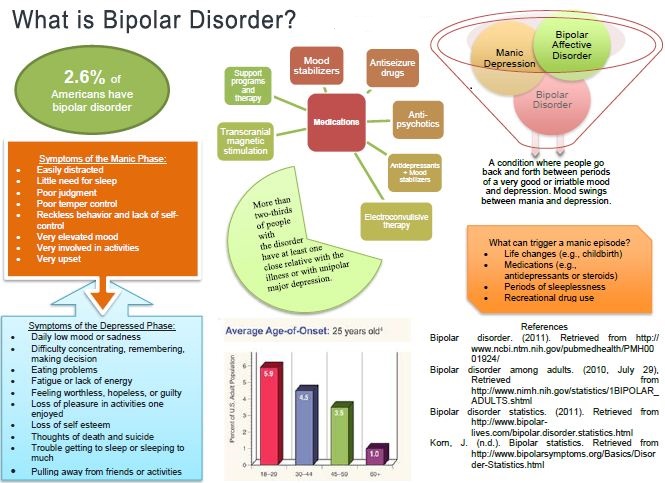Bipolar disorder testing

Bipolar disorder testing for every one so that time action can be taken
Bipolar disorder testing: Temperament stabilizing medications
While undertaking bipolar disorder testing, several factors of great importance will have to be considered. Professionally, proper diagnosis and treatment will requires that the patient stays in an inpatient depression treatment center where their individual conditions can be closely monitored by behavioral and medical experts. This should be the starting point since any mistake done will have serious consequences in the future. In view of that great need, doctor Dalal Akoury, MD made a passionate decision to create a medical center (AWAREmed Health and Wellness Resource Center) with a primary objective of transforming each individual’s life through increasing awareness about health and wellness and by empowering individuals to find their own inner healing power.
Through this health facility many across the globe have benefited from their desperation with certain serious illnesses including addiction, bipolar disorders and weigh related complications. You too can now choose to associate with the best because doctor Akoury’s objective is to restore health and nothing less. That is why in her practice she only focuses on personalized medicine through healthy lifestyle choices that deal with primary prevention and underlying causes instead of patching up symptoms. This is the place to be if you want professionalism in your bipolar disorder diagnosis and testing. You may talk to us on telephone number 843 213 1480 and we will certainly help you effectively and professionally. In the meantime, the following are some of the avenues your doctor could explore to help you go through this kind of treatment effectively.
- Ask about recent mood swings and how long a client has experienced them
- Inquire about family medical history, particularly whether anyone has or had bipolar disorder
- Observe behavior and mood
- Obtain medical history, including any medical problems and current and former medications taken
- Perform a physical examination to identify or rule out physical causes of the symptoms
- Request laboratory tests to check for thyroid problems or drug levels
- Speak with family members to discuss their observations of the client’s behavior
Mood-stabilizing medication can help control the symptoms of bipolar disorder. However, patients often need help and support to take medicine properly and to ensure that any episodes of mania and depression are treated as early as possible.
Some people stop taking the medication as soon as they feel better or because they want to experience the productivity and creativity associated with mania. Although these early manic states may feel good, discontinuing medication may have very negative consequences.
Suicide is a very real risk during both mania and depression. Suicidal thoughts, ideas and gestures in people with bipolar affective disorder require immediate attention.
Bipolar disorder testing: Treatment modalities
Treatment of bipolar disorder is unique and involves use of mood-stabilizing medications such as carbamazepine, lithium and valproic acid. According to AWAREmed Health and Wellness Resource Center, these medications can be very effective for treating both the manic and depressive phases as well as avoiding future symptoms. Finally doctor Akoury reiterates that besides mood stabilizers, it is also important to note that antidepressant drugs may be helpful in correcting depressive phases if used alongside the mentioned mood stabilizers. All we want is to help you have your life back and bipolar should not bring you down. We will be waiting for your call for the commencement of your much needed restoration of perfection of your health.
Bipolar disorder testing: Temperament stabilizing medications
http://regenerativepotential.com/wp-admin






